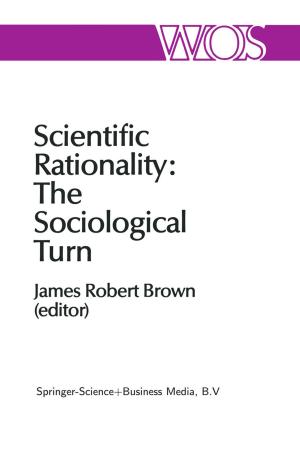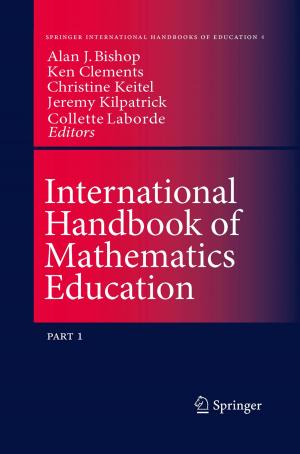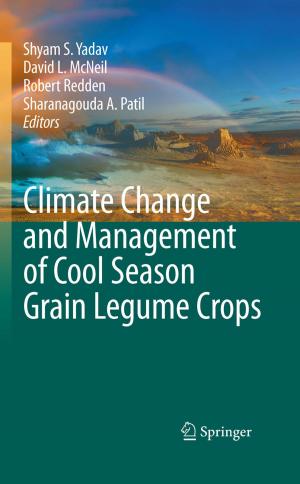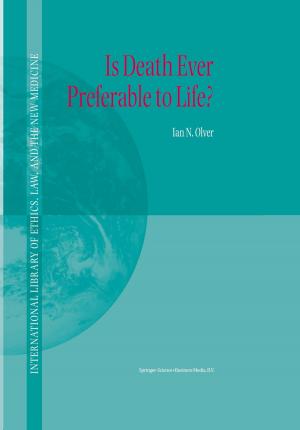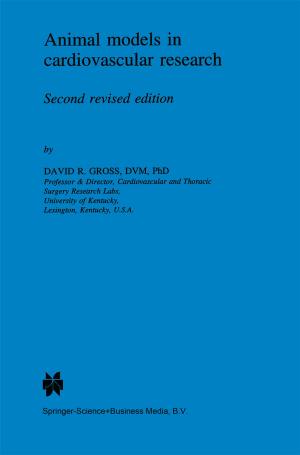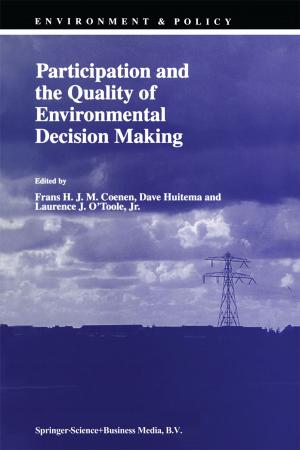| Author: | Y.H. Krikorian | ISBN: | 9789401024228 |
| Publisher: | Springer Netherlands | Publication: | December 6, 2012 |
| Imprint: | Springer | Language: | English |
| Author: | Y.H. Krikorian |
| ISBN: | 9789401024228 |
| Publisher: | Springer Netherlands |
| Publication: | December 6, 2012 |
| Imprint: | Springer |
| Language: | English |
The essays in this book analyze significant perspectives of the recent past in American philosophy; they represent some of the major trends of this period. Alfred North Whitehead is included with the recent American philosophers since his major philosophic ideas were fully developed in this country. There has been no attempt to deal comprehensively with this period. Several philosophers of equal importance who also deserve attention-C. l. Lewis, A. O. Love joy, W. F. Montague, R. B. Perry, F. J. E. Woodbridge, and others have not been discussed. Most of the essays were published at various times in various journals. Though all of the perspectives are presented with sympathetic understanding, they are also critically evaluated. 2 AMERICAN PHILOSOPHY OF THE RECENT PAST But even more than individual philosophers and schools of philos ophy the larger background of contemporary American life has nour ished the empirical spirit. Science as the most pervasive climate of our intellectual and practical activity has enhanced the empirical attitude. The great development, in this country, of business and technological industry has encouraged the pragmatic, empirical outlook. Empiricism, however, is an ambiguous term, and its different meanings have different philosophic consequences. For some it means that only concrete personal experience can be accepted as reality; for others it means the succession of sense-impressions. The more recent usage, the one that has been dominant in American philosophy, identifies empiricism with objectively and socially verifiable pronounce ments, that is, with experimentalism, or confirmation through demon strable evidence.
The essays in this book analyze significant perspectives of the recent past in American philosophy; they represent some of the major trends of this period. Alfred North Whitehead is included with the recent American philosophers since his major philosophic ideas were fully developed in this country. There has been no attempt to deal comprehensively with this period. Several philosophers of equal importance who also deserve attention-C. l. Lewis, A. O. Love joy, W. F. Montague, R. B. Perry, F. J. E. Woodbridge, and others have not been discussed. Most of the essays were published at various times in various journals. Though all of the perspectives are presented with sympathetic understanding, they are also critically evaluated. 2 AMERICAN PHILOSOPHY OF THE RECENT PAST But even more than individual philosophers and schools of philos ophy the larger background of contemporary American life has nour ished the empirical spirit. Science as the most pervasive climate of our intellectual and practical activity has enhanced the empirical attitude. The great development, in this country, of business and technological industry has encouraged the pragmatic, empirical outlook. Empiricism, however, is an ambiguous term, and its different meanings have different philosophic consequences. For some it means that only concrete personal experience can be accepted as reality; for others it means the succession of sense-impressions. The more recent usage, the one that has been dominant in American philosophy, identifies empiricism with objectively and socially verifiable pronounce ments, that is, with experimentalism, or confirmation through demon strable evidence.

